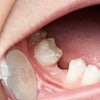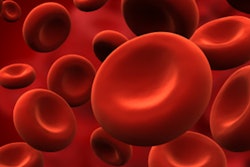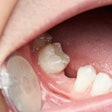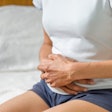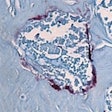Patients with recurrent aphthous ulcers (RAUs) may experience anxiety and abnormal bowel movements, with the brain-gut axis potentially playing a role in the onset of these sores. The study was recently published in BMC Oral Health.
Furthermore, anxiety and small intestinal bacterial overgrowth (SIBO) may increase the frequency and number of RAU occurrences, the authors wrote.
“Anxiety and gut microbiota dysbiosis may contribute to more severe RAU,” wrote the authors, led by Zijian Liu and Mingxing Lu of the Peking University School and Hospital of Stomatology in China (BMC Oral Health, May 7, 2025, Vol. 25, 688).
To examine the correlation between the presence of RAUs and severity with psychological factors and gut microbiota dysbiosis, 49 adult patients with RAUs and 49 controls were recruited between June 2021 and June 2023, they wrote.
Psychological status was assessed using Zung’s self-rating anxiety scale (SAS), Zung’s self-rating depression scale (SDS), and the Pittsburgh sleep quality index (PSQI). To detect SIBO, RAU patients underwent the lactulose hydrogen-methane breath test. The long-term severity of RAUs was measured by the monthly number of ulcers.
The RAU group demonstrated significantly higher SAS scores (t-value [t] = 2.18, p = 0.034) and SIBO positivity (χ2 = 75.67, p < 0.001) compared to controls. Factors correlated with the monthly number of ulcers included the SAS score, anxiety symptoms, the SDS score, the PSQI score, and SIBO positivity, they wrote.
Multiple linear regression analyses indicated that anxiety and SIBO may influence RAU severity, with anxiety (B = 91.20, t = 3.39, p = 0.002) and SIBO positivity (B = 37.65, t = 2.10, p = 0.042) being significant predictors. Among RAU patients, only 41% exhibited normal stool morphology, significantly lower than the control group (χ2 = 9.32, p = 0.002). Additionally, both the SAS score (r = 0.38, p = 0.010) and the SDS score (r = 0.38, p = 0.009) were correlated with SIBO.
The study had limitations. These findings, based on a Chinese population, may be influenced by race and genetics, the authors added.
“The role of the brain-gut axis in the pathogenesis of RAU warrants further exploration,” they concluded.


